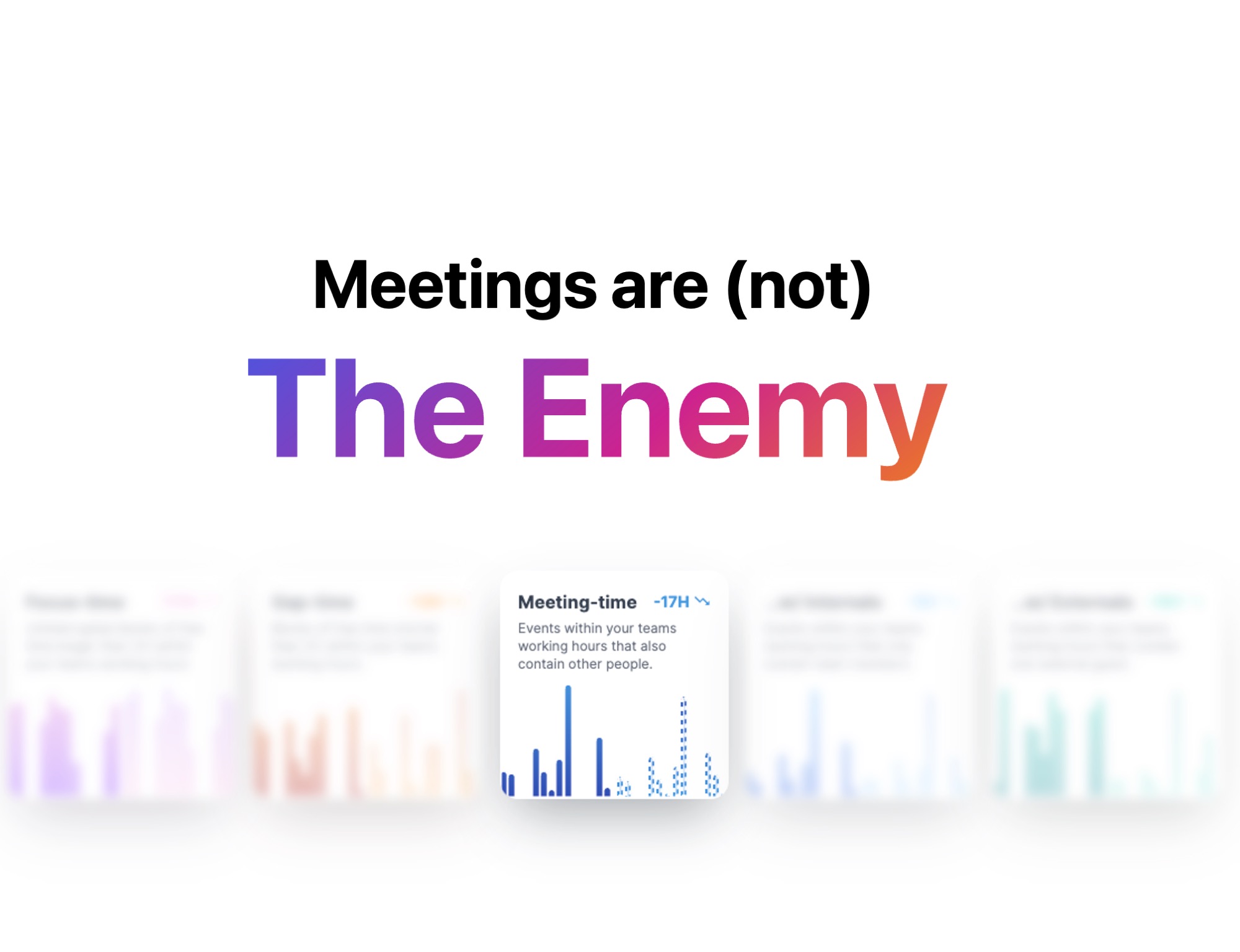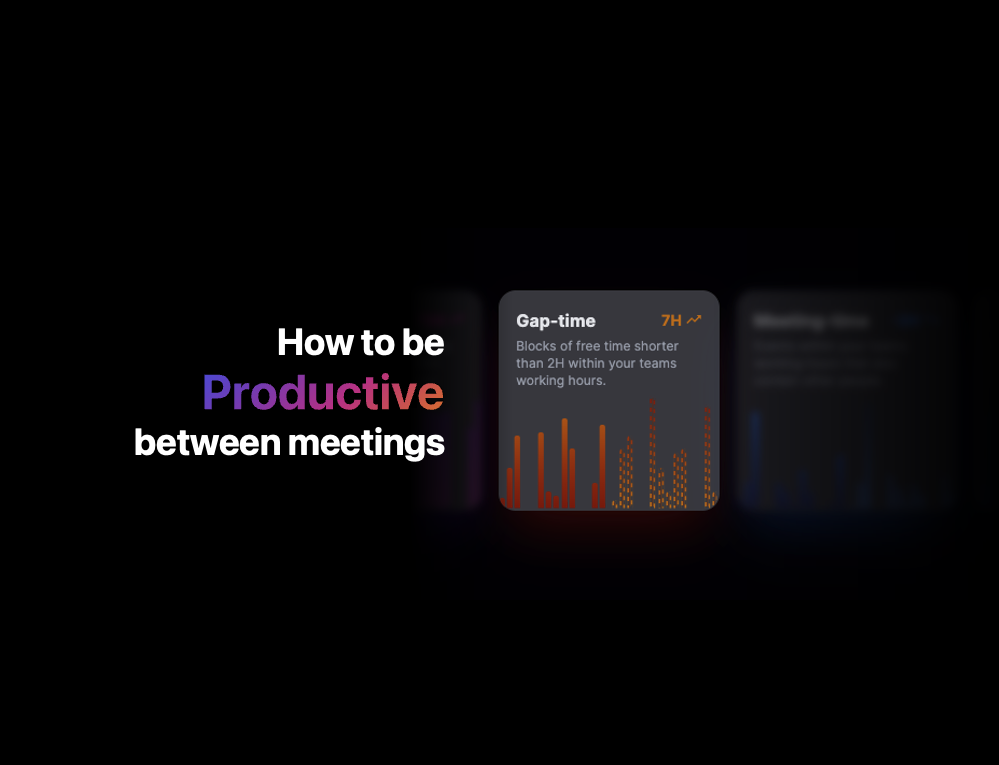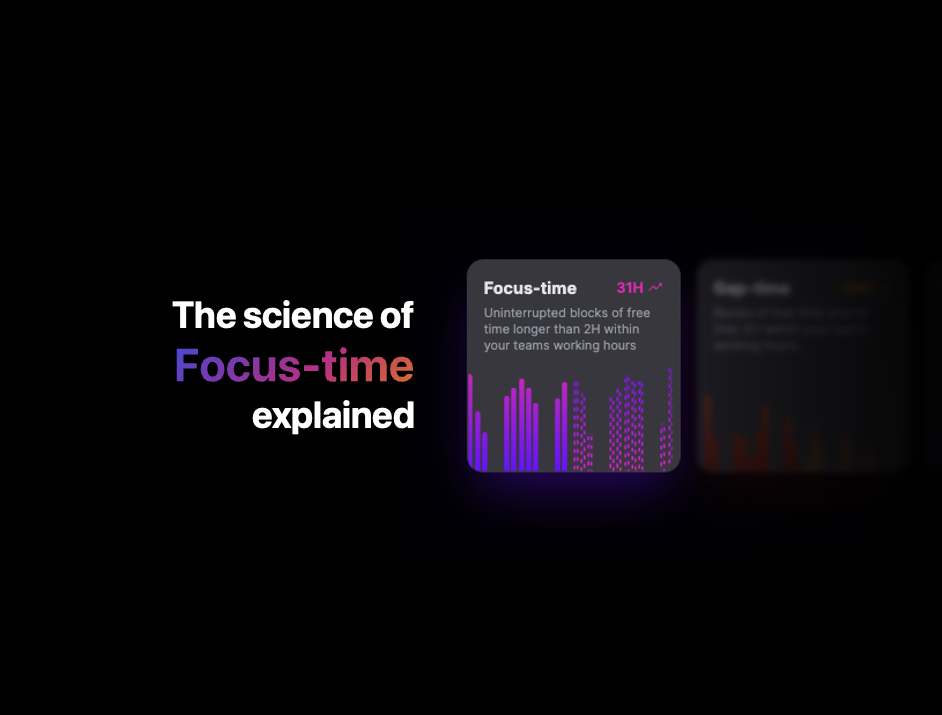How to Have Effective Meetings
10 reasons your meetings are tanking (and how to fix them)
There are a few common meeting mistakes that may be hindering your productivity. See how many your team is guilty of (and how to get back on track, pronto).

The value of effective meetings
We spend almost 50% of our time in meetings. Done wrong, that time is a real productivity killer. But when meetings are effective and efficient, that together time is crucial to high-performing teams.
Meetings are your time to tackle complex problems and brainstorm amazing ideas on how to achieve your goals. If you’re clear on your plan, a good meeting is a valuable forum for people to ask questions and share issues. From there, you can resolve problems and get everyone on the same page – and get back to getting work done. That’s why holding effective meetings is so important.


